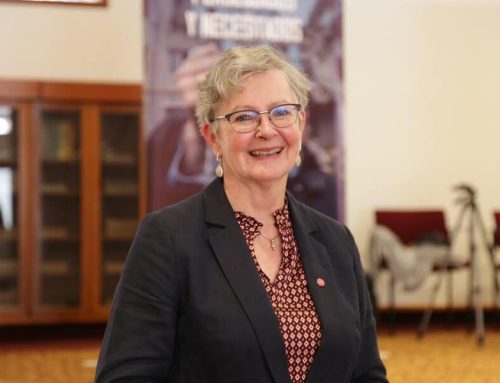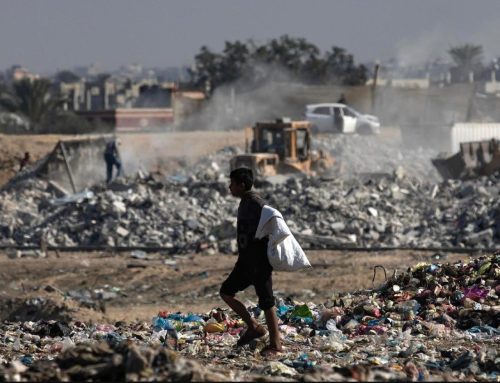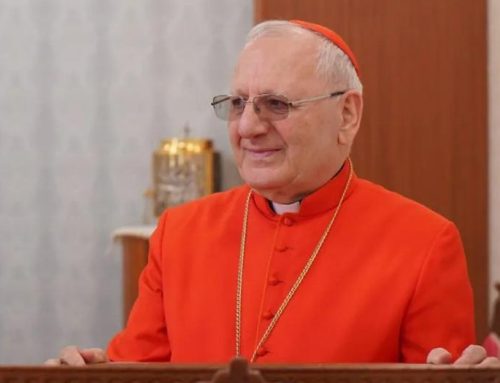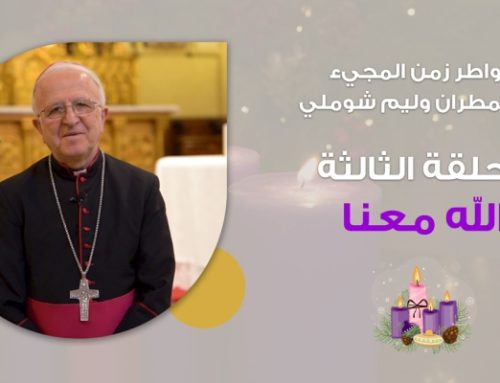One of my most difficult struggles as I have attempted to share my observations and perspectives on the Israeli-Palestinian conflic. One of my most difficult struggles as I have attempted to share my observations and perspectives on the Israeli-Palestinian conflict these past years is the effort to speak as honestly as I can without sounding one-sided. When I address groups I begin by warning them that what they are about to see and hear may sound to them biased and overbalanced. But I also remind them that—in this country as in many western lands—they have most likely been exposed to just one perspective on the trials of life in that place of suffering and pain we know as the Middle East. If we are ever to gain the understanding that is absolutely essential to peace with justice, we must know and acknowledge that the stories of two peoples—not one—are etched in the sands of that beautiful place of desert, rocks, and mountains. There are three vital areas to these stories that are absolutely necessary for the integrity of our comprehension.
First, hard as it may be, we must come to grips with the fact that, while one people’s religious faith assures them that their God has given the land to them, the other’s faiths do not share that belief: That while the people of Israel celebrate each May their nation’s birth, the Palestinian people grieve as they bring to mind the Nakba, the catastrophe. Both peoples are remembering precisely the same event; That while Israelis rejoice over their military conquest of the land, the Palestinians mourn the hundreds of thousands of them who were forced from their homes and never allowed to return; That while some Palestinians and others continue to act as if they would like nothing better than to see Israel disappear, many Israelis will continue to believe they are justified in the extreme security measures they take; That while Israel has refused for 60 years to delineate its borders, most Palestinians and internationals are left with the impression that the settlement building and the stranglehold military control of all of Palestinian life will only end when all the land of historic Palestine is recognized as one country under the Israeli flag. We can never hope for real peace until both of these peoples—and we who would stand and walk beside them—are able to grasp the depth and perception of the other’s narrative. Please understand that I am not saying here who should have the land; rather I’m saying that such understanding of both sides is essential if we are to move toward peace.
Second, the inability or refusal to understand the hugely disproportional strengths and capabilities of the two sides will always stand as a barrier to comprehending how nearly impossible it is to move toward positive relations. As I listen to people around the country I often get the sense that they see things as an ongoing conflict between two armies. That is halfway true. The Israeli force—the Israeli Defense Force
Finally, we must all seek, even demand truthful information about the situation. I have personally heard scores of Palestinians tell me that they do not argue with Israel’s right to build a wall/fence/barrier if they believe it necessary for their security, as long as it is built in Israel or on the dividing line between the peoples. I have never heard an Israeli official answer the question of why the barrier is built so far into Palestinian land, and not on Israeli territory. We need to ask why a Palestinian man from Arab East Jerusalem who wishes to marry a Palestinian woman from the West Bank has a choice: either give up his Jerusalem residency or live apart from his wife. They cannot live together in Jerusalem. Or why a Palestinian who lives in a suburb of Jerusalem can catch a flight out of Ben Gurion Airport in Tel Aviv, while his brother who lives 10 miles away in Bethlehem must travel by land all the way to Amman, Jordan or Cairo, Egypt and fly from there. Or why the police and soldiers so many times turn away when illegal Israeli settlers are harassing and intimidating Palestinian villagers and farmers.
No nation can long exist on such a foundation, and no new nation can find birth under these conditions. If those of us in the rest of the world do not seek to know the truths about life in Israel-Palestine and do not demand an end to violence, injustice, and oppression, there can be little doubt about the potential end results. None of them are what any of us really want.





